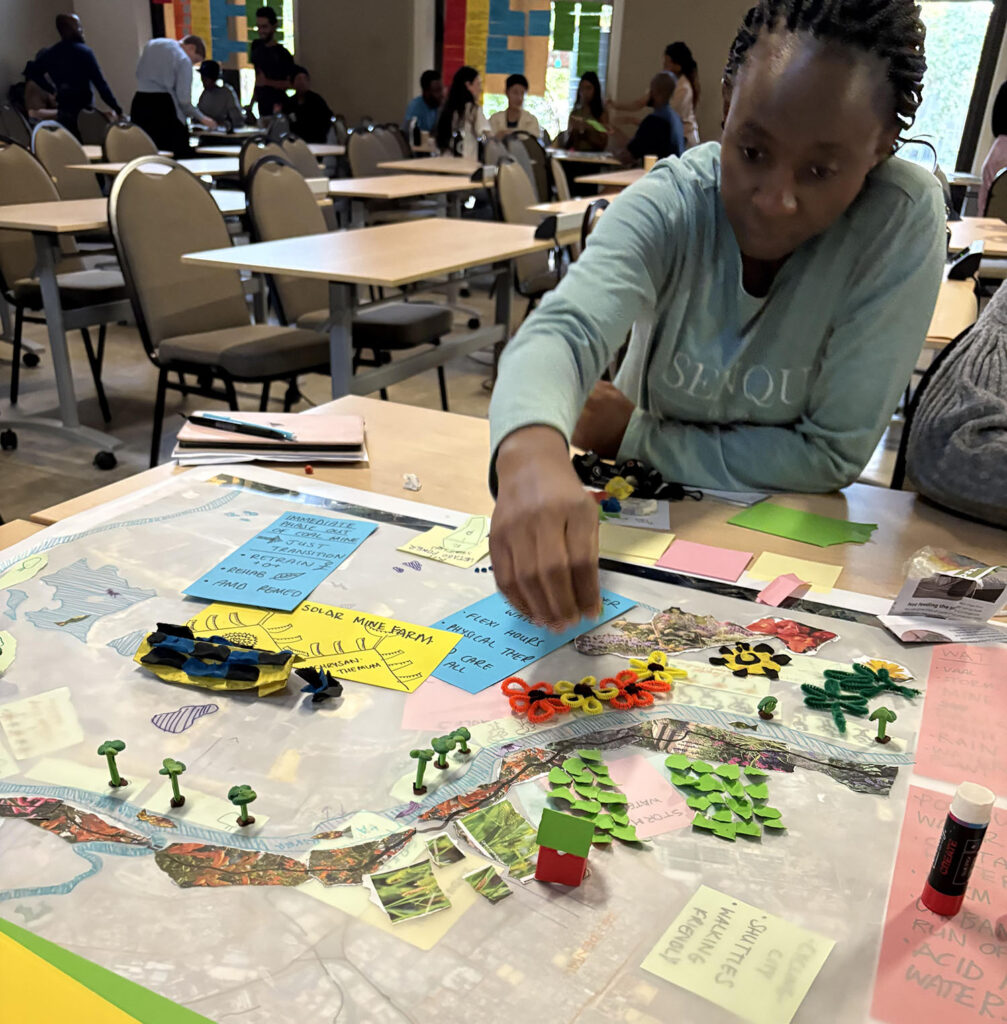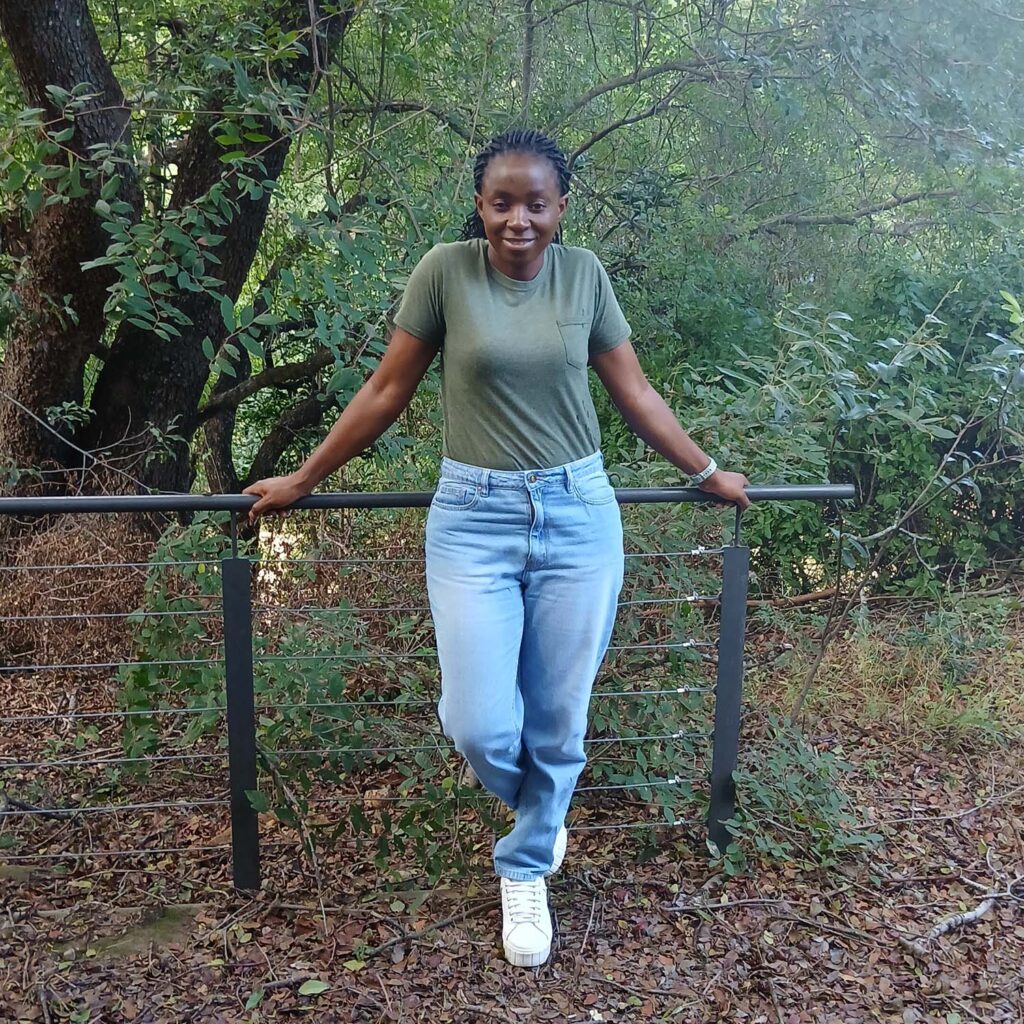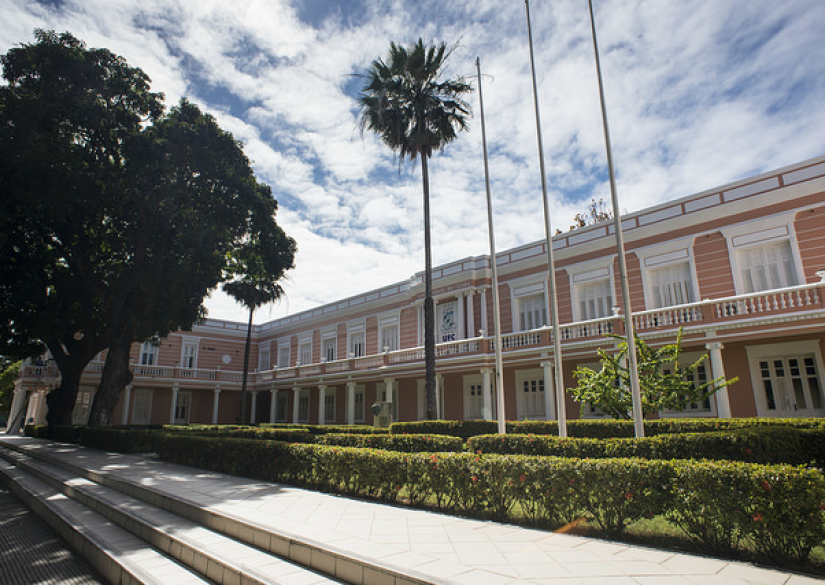Student Perspective
By: Tendai Ganduri, PhD Candidate | University of the Witwatersrand, South Africa
The International Institute for Environmental Studies (IIES) hosted its 9th Annual Science and Policy Workshop and 8th International Graduate Student Forum from 7–12 April 2025. The University of the Witwatersrand hosted, and the events were respectively held in Johannesburg and Acornhoek, South Africa. Conversations by the global group of researchers explored intersections of water sustainability, climate resilience, community well-being and collaborative science. Across plenaries, paper panels, workshops, and field-based activities, students and faculty engaged in transdisciplinary conversations grounded in local and global ecological challenges.
The Science and Policy Workshop had sessions on topics such as emerging and priority contaminants (EPCs), environmental revitalisation, carbon storage, and novel water treatment approaches. During plenary talks, Professor Martina Vijver’s presented on Matter out of Place and Dr Keagan Pokpa offered insights on affordable environmental sensors. These talks reinforced the importance of bridging scientific innovation with community priorities. My research reflected on these themes, it focuses on digital and local narratives of climate change in Zimbabwe and South Africa and reiterates the need for integration of diverse knowledge systems into environmental dialogue and decision-making.
I presented under the Climate Change, Decarbonisation and Net Zero Policy session which was chaired by Professor Marleen Dekker. The session had presentations that explored intersections of climate policy frameworks and grassroots realities. My presentation Communicating and Contesting Climate Change: The Zimbabwean and South African X-spheres explored how citizens articulate climate vulnerability through governance critique. I also attended other sessions focusing on transboundary water governance and research towards healthy ecosystems. This deepened my appreciation for the multiple lenses through which climate adaptation and mitigation are approached.

The Graduate Student Forum held at the Wits Rural Facility shifted towards a more practical and team driven approach. The experience included practical sessions on QGIS mapping, environmental hazard assessment, and co-design workshops. My personal highlight was the reimagination of urban spaces in Johannesburg with a focus on water resource management, green infrastructure and equitable spaces.
Image: Tendai working with her group on the co-design project during the grad forum.
Teams constituted members from different disciplines, and, beyond the physical reimagination, we also highlighted what it would take to develop the reimagined spaces and potential trade-offs at various levels. The exercise highlighted the importance of interdisciplinary collaboration in urban planning, environmental resilience and benefits of environmental equity. It also served as a critical reminder that co-produced knowledge is not only possible but necessary.
One of the most prominent themes was the need to contextualise climate knowledge. Various oral and practical sessions, and also, informal conversations underscored how climate responses cannot be detached from the community experiences, their cultural meanings, and respective socio-political contexts. This idea was reiterated in Professor Sarah Nuttall’s keynote address, On Pluviality. The presentation invited participants to think with rain and drought as more than environmental phenomena. Instead, it proposed their consideration and positioning as lived, affective, and historically situated experiences. This challenged some technocratic narratives arguing that climate knowledge must emerge from and speak to the realities of the impacted.
Another key takeaway was the value of methodological pluralism. A diversity of approaches including advanced computational modelling, participatory mapping and ethnographic storytelling were presented. Despite discipline and research focus, the opportunities for collaboration in any single study became apparent, offering a possibly more solid response to the complexities of the present environmental challenges. Thus, the intentional integration of methods and frameworks with local and indigenous knowledges would not only broaden the epistemological scope of environmental research. It would also broaden its ethical and practical relevance.
The potential of interdisciplinarity to drive innovation was also put on spotlight. Conversations between researchers from soil microbiology, environmental law, architecture, digital media, plant science, water governance, and chemical engineering among others ignited collaborative possibilities. The exchanges revealed a possibility of generating novel and compelling climate solutions when disciplinary boundaries are crossed and when researchers are willing to learn from each other; including traditions, tools, and insights. The opportunity was presented and remained up to individual researchers to pursue.
It was a refreshing experience to interact with peers from IIES sister institutions from across the globe including the UK, Canada, Taiwan, France, and across South Africa. Meals were shared in Johannesburg and Acornhoek near Kruger National Park. This was complemented by social activities such as bird watching, game drive and the Blyde River experience. Such reflected on the rooted African sense of Ubuntu.
Image: Tendai at the Wits Rural Facility, where the Graduate Student Forum took place.

This implies a sense of shared humanity and host, the University of Witwatersrand delivered. The socio-cultural activities shifted the research experience from being classroom-based but embodied it in place and culture with the added interactions with the environment enriching the overall research experience.
The Forum offered an opportunity for reflection and recalibration. It inspired a thinking outside conventional norms, culture and lived spaces. From a media student perspective, the workshop reinforced the idea that climate communication transcends disciplinary boundaries. It is not confined to the domains of media, journalism or policy but weaves through diverse research fields. It has potential to enhance practices that are evidence-based, socially embedded, methodologically reflexive, and ethically grounded.
As students, we extend our deepest gratitude to the organisers. Special thanks to all sponsors, facilitators, and fellow participants for co-creating such a meaningful and memorable week.







